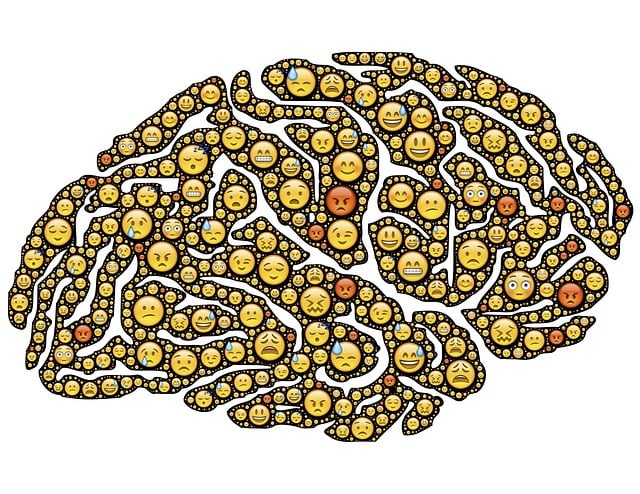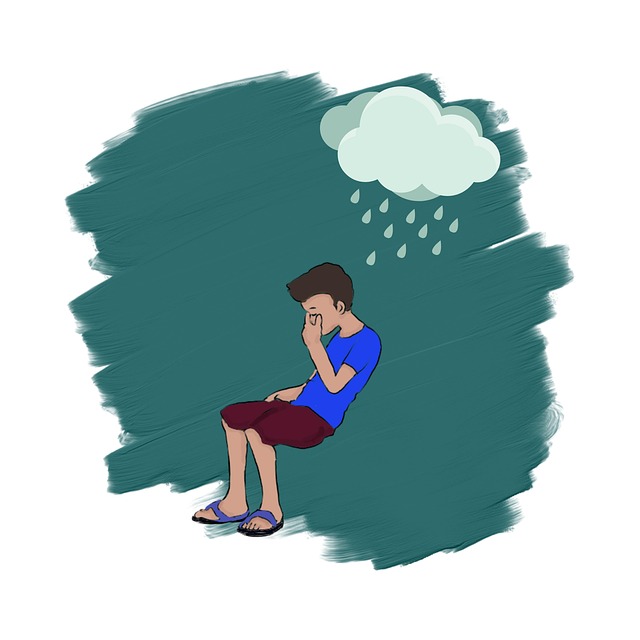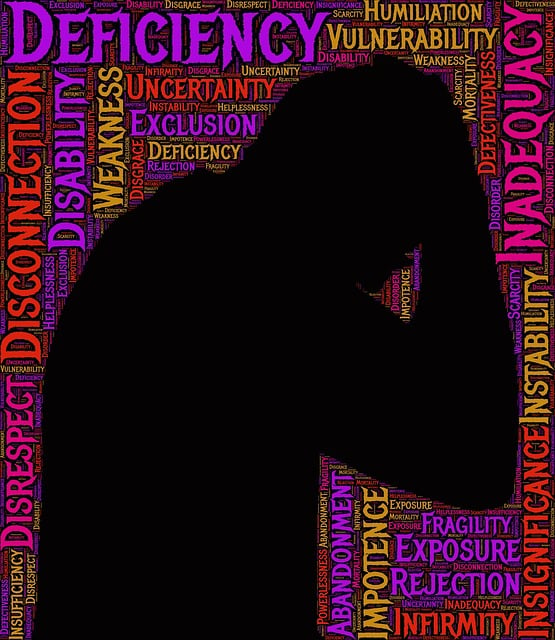The text highlights the significance of mental well-being for elderly individuals with terminal illnesses, emphasizing the need for specialized support. It suggests community outreach programs focusing on emotional processing through journaling and therapy tailored to their unique needs, fostering resilience and open conversations. Crisis hotlines are introduced as a crucial resource, providing immediate confidential support and long-term coping strategies. Additionally, it advocates for mental wellness coaching programs that help both elders and families navigate grief, fear, and uncertainty, ultimately enhancing quality of life and compassion during end-of-life care, with a key focus on Therapy for Elders Terminal Illness.
In today’s fast-paced world, mental health crises among the elderly and those facing terminal illnesses are on the rise. Support services like crisis hotline programs offer vital therapy and care, providing a lifeline for those in distress. This article explores the growing need for specialized mental health support for seniors and individuals with terminal conditions. We delve into how crisis hotlines, often underutilized resources, can navigate complex emotional landscapes, offering immediate assistance and long-term coping strategies. From understanding the unique challenges to accessing available resources, this guide illuminates paths to healing and resilience.
- Understanding the Need for Elderly Mental Health Support
- How Crisis Hotlines Provide Vital Therapy and Care
- Navigating Resources for Terminal Illness Sufferers and Their Families
Understanding the Need for Elderly Mental Health Support

The mental health of elderly individuals facing terminal illnesses is a critical yet often overlooked aspect of healthcare. As our population ages, it’s essential to recognize that older adults may experience unique challenges that impact their psychological well-being. The journey with a terminal illness can be emotionally taxing, leading to anxiety, depression, and feelings of isolation. Many seniors might struggle to cope with the existential questions and changes in their lives, which can further deteriorate their mental health. Therefore, providing specialized support is crucial for building resilience among this vulnerable population.
Community outreach programs and mental wellness initiatives tailored for the elderly can make a significant difference. Implementing guidance on mental wellness journaling exercises has shown potential in helping seniors process their emotions and gain perspective. Moreover, these services must address the specific needs of older adults by offering therapy for elders facing terminal illnesses, fostering open conversations about their experiences, and providing a safe space to express fears and hopes. Such interventions can enhance overall mental health and improve the quality of life for those navigating end-of-life care.
How Crisis Hotlines Provide Vital Therapy and Care

Crisis hotlines serve as a vital safety net for individuals grappling with mental health crises, offering immediate and accessible therapy and care. These services provide a confidential space where people can express their feelings, fears, and frustrations without judgment. Trained professionals on the other end offer empathy, active listening, and guidance, helping users navigate their emotional turmoil. This support is particularly crucial for vulnerable populations like elders facing terminal illness, who may experience heightened anxiety, depression, or existential dread.
Beyond immediate assistance, crisis hotlines often equip individuals with coping strategies, such as mental wellness journaling exercises and self-care practices, to manage ongoing mental health challenges. They also play a role in public awareness campaigns for mental health, breaking down stigmas and encouraging people to seek help when needed. This holistic approach not only provides relief in the moment but empowers users to take charge of their mental wellness in the long term.
Navigating Resources for Terminal Illness Sufferers and Their Families

Navigating resources for terminal illness sufferers and their families can be a challenging yet essential task. As individuals confront the realities of advanced or terminal conditions, accessing appropriate support becomes crucial for both emotional resilience and quality of life. Therapy for elders with terminal illnesses often involves specialized care that addresses not only the patient’s mental health but also the unique needs of their loved ones.
Mental wellness coaching programs development specifically tailored for this demographic can foster inner strength development and empathy building strategies. Such initiatives recognize the profound impact a terminal diagnosis has on entire families, offering tools to navigate grief, fear, and uncertainty. By providing resources that cater to these specific challenges, support services contribute to a more compassionate and understanding environment, enabling individuals to find solace and hope during difficult times.
Crisis hotline support services play a crucial role in providing therapy and care for elderly individuals facing mental health challenges, especially those with terminal illnesses. By offering immediate assistance and resources, these hotlines navigate families through complex emotional landscapes, ensuring they receive the necessary support. Incorporating crisis hotline access into eldercare plans can significantly enhance quality of life, offering a vital safety net during trying times. For those seeking therapy for elders with terminal illnesses, these services serve as a game-changer, providing comfort and guidance in an otherwise labyrinthine situation.












